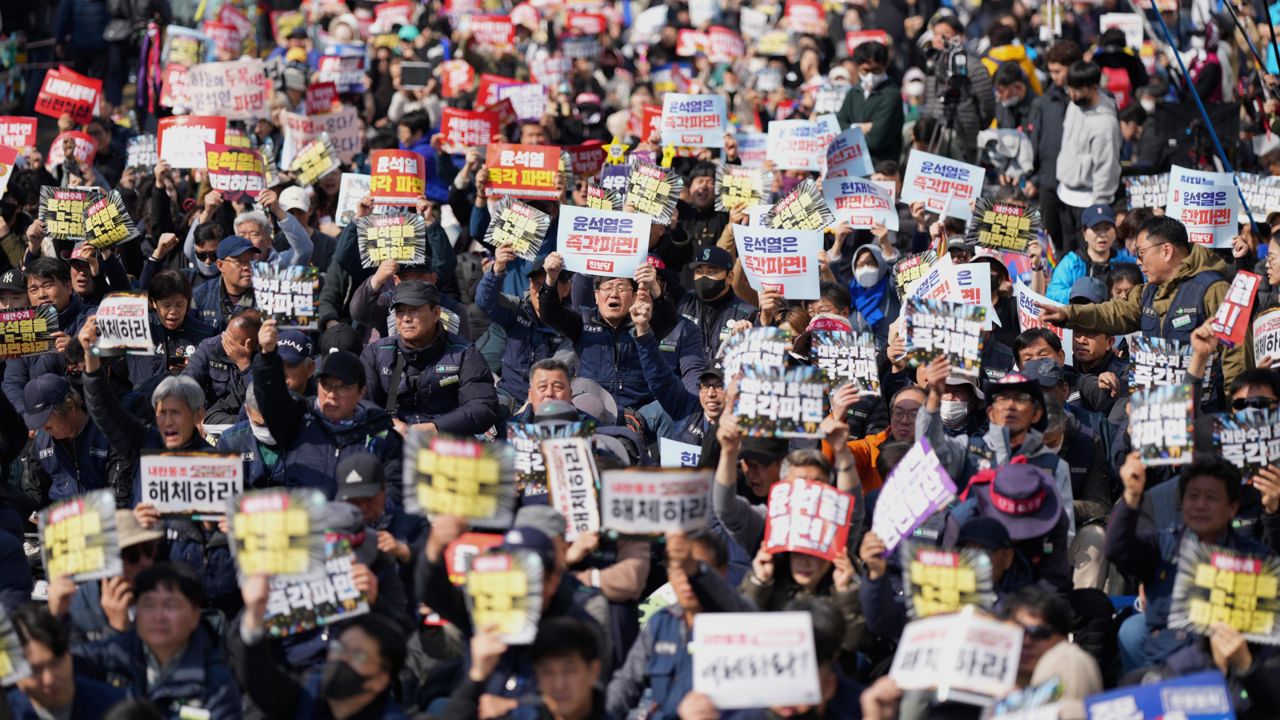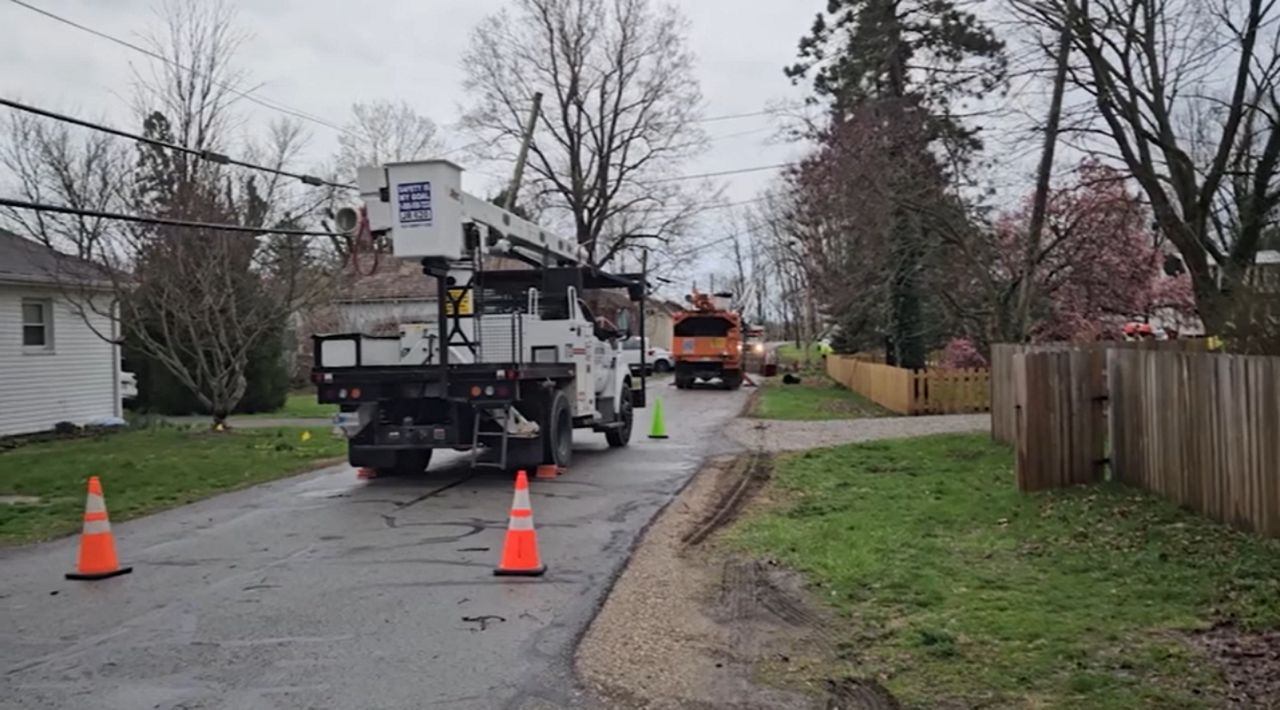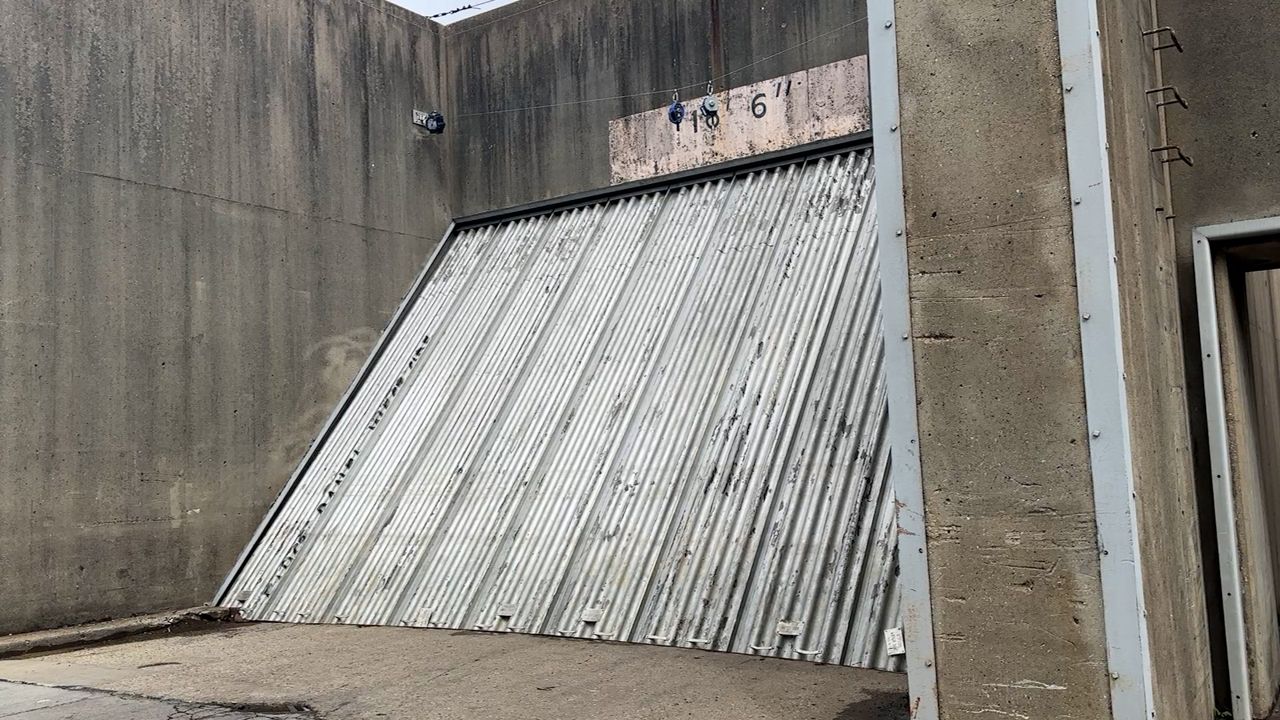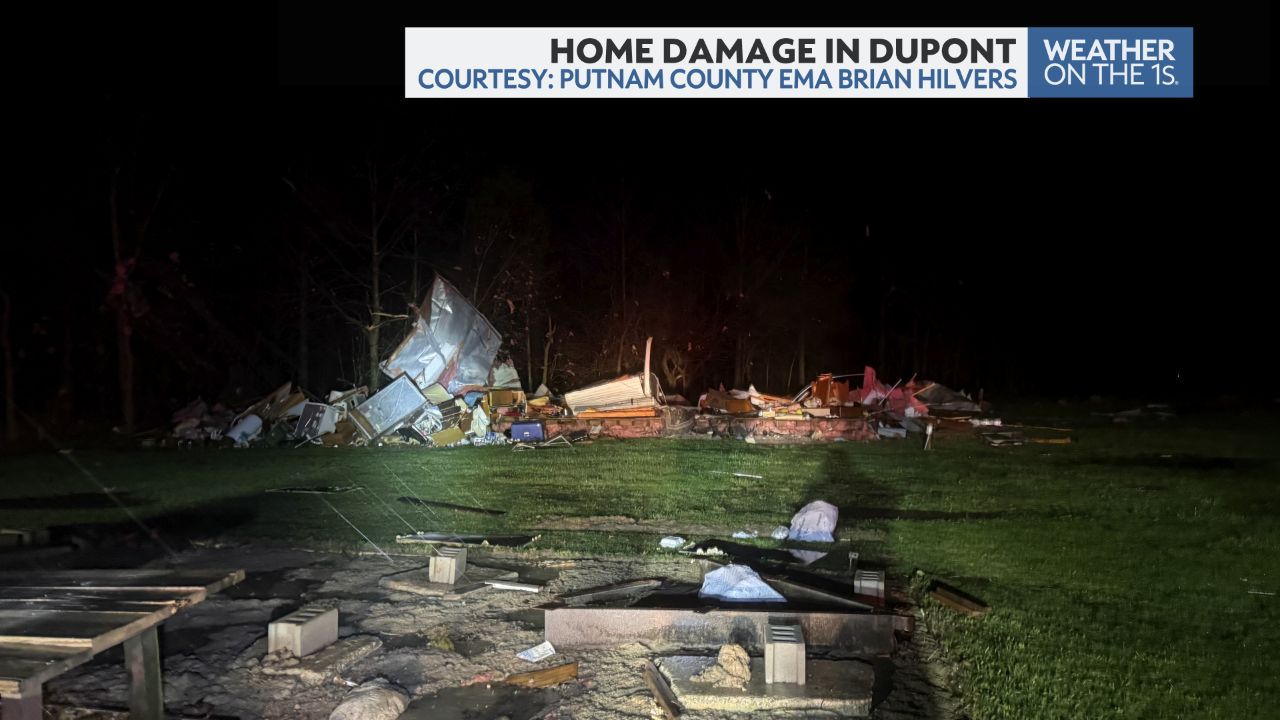CINCINNATI — In the wake of tragedy, grief, and trauma, Alyson Wick knows better than most how easy it is to feel hopeless or lost.
That’s why she started putting pen to paper, offering anonymous letters of support called “Survivor Cards,” eventually turning the practice into a nonprofit aimed at helping others cope with their demons, while finding relief herself.
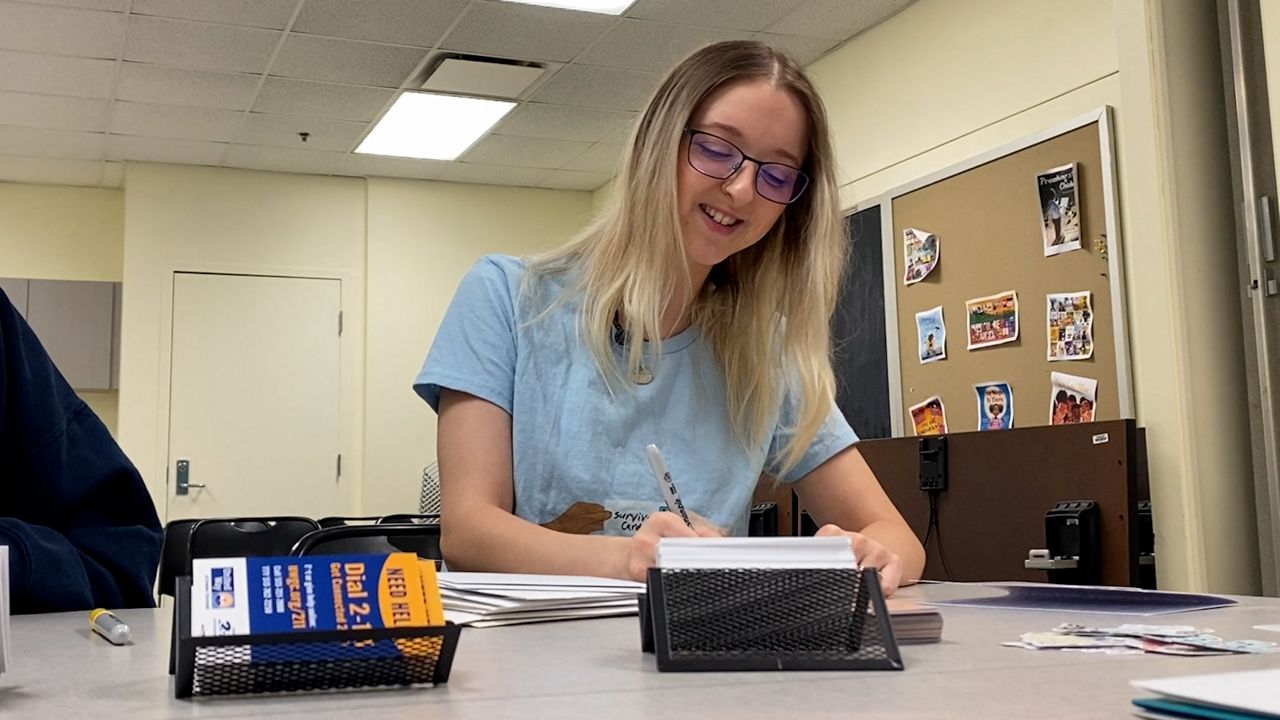
For Wick, it began two years ago, shortly after she moved to Anderson Township.
“I had just gotten out of an abusive relationship and just needed a new place to start over, and then the pandemic kind of hit,” she said.
Feeling isolated, Wick started reaching out online, wondering if anyone else was experiencing the same thing. She then asked if anyone wanted handwritten cards to brighten their day. Requests came in from around the country.
“For me, it was basically art therapy,” she said. “It started as a hobby then I realized there was a lot more people that could benefit from it.”
Wick started reaching out to nonprofits like the TriState Trauma Network and Cincinnati Veteran’s Affairs, offering to write letters to their clients.
Two years later, she’s sending dozens of survivor cards every month, forming a network of volunteers to fulfill all of the requests coming in.
“You can’t write like a hundred cards yourself,” Wick said.
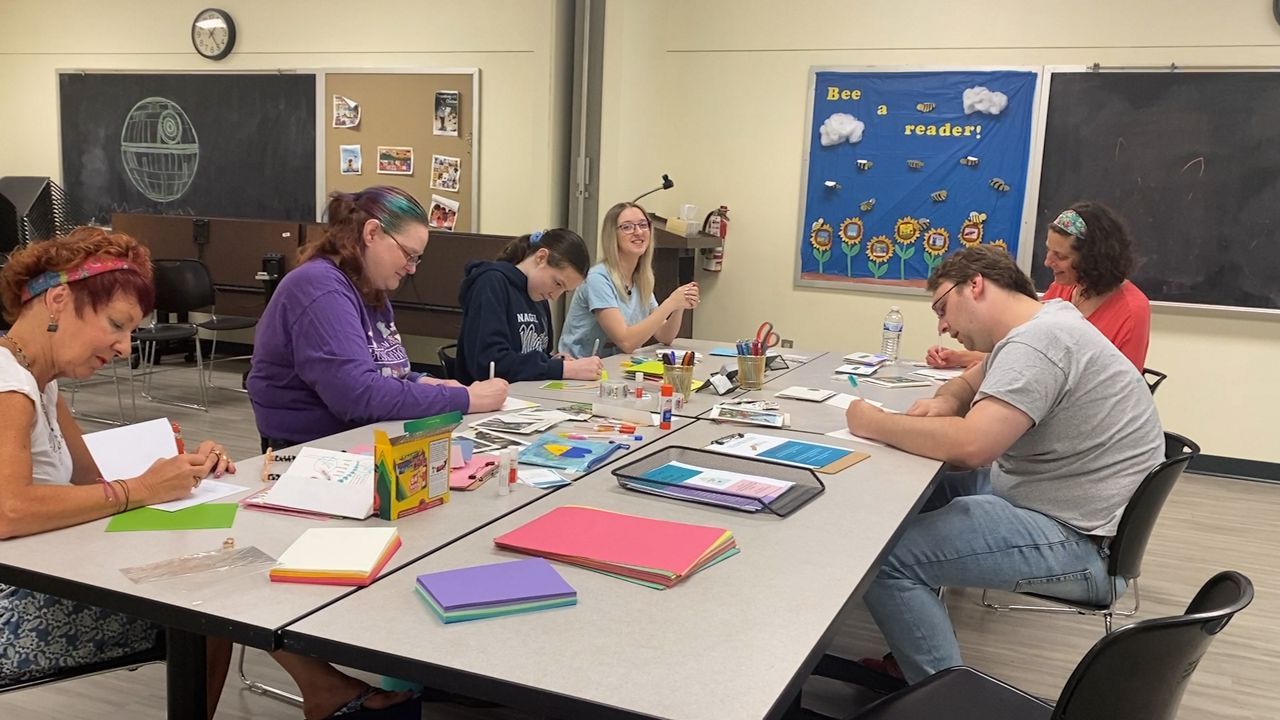
Survivor Cards began hosting letter-writing events across the Cincinnati area, recently appearing at SummerFest and the Forest Hills 5k, for anyone to come out and write anonymous notes.
Wick said she tells all her volunteers the same advice, keep your message general, ensure your words resonate with any gender, race or background, and, most importantly, speak from the heart.
“I always tell people when they’re struggling to write, ‘What would have helped you if you heard it a long time ago?’” She said.
Wick said most of her volunteers find when they write with those words in mind, the letters can be therapeutic for them, too.
“It’s been some bad times recently, and it’s just I think people need a little something positive and something to pick you up,” Becky Johnson, a long-time volunteer, said.
Along with kind words and messages of hope, Wick said her cards include local and national resources where survivors can reach out for additional support.
“We can meet people where they’re at, we can provide them with the resources they need,” she said.
As a survivor herself, and someone who has worked in the mental health and counseling fields, Wick said she understands cards and kind thoughts are no substitute for therapy, but she said there’s value in what she calls, community care.
“It doesn’t make it go away but it’s nice to know that people are thinking of you,” she said.
Wick said knowing someone, somewhere cares and understands what you might be going through can make those traumas a little lighter.
“The goal is how to live with them and learn to cope and learn to keep pushing forward,” she said.







